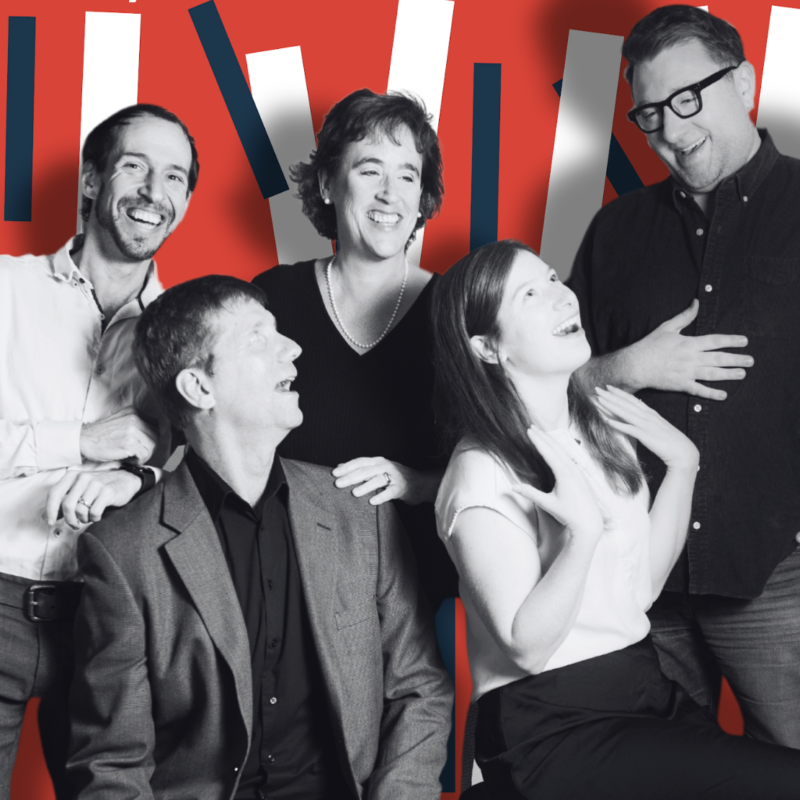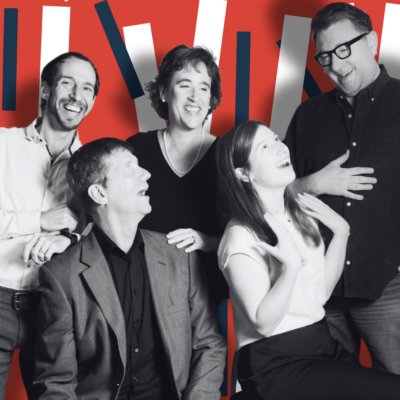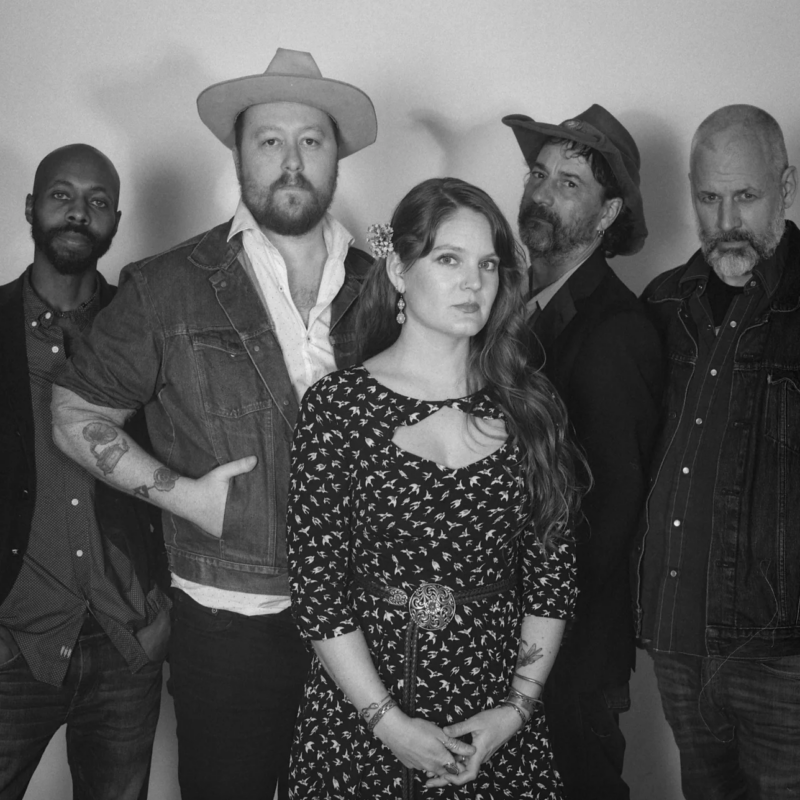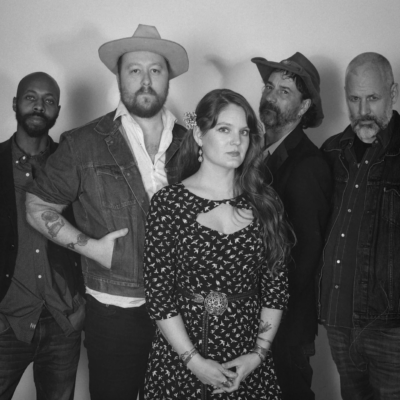It will require a certain disposition to see it as such, but in a way, writer-director Lars von Trier’s gloriously glum, robustly romantic new film Melancholia is the perfect post-Thanksgiving movie. It’s the anti-Muppets.
/Melancholia_Magnolia.jpg) Kirsten Dunst received the Cannes Film Festival’s Best Actress award for her performance in Melancholia, director Lars von Trier’s latest beautiful and frustrating epic, in which a cosmic catastrophe serves as the backdrop for a troubled wedding ceremony. Photo courtesy Magnolia Pictures.
|
Here, as an illuminating proxy for the filmmaker, Kirsten Dunst plays a new bride suffering from corrosively placid depression. Her populous and peculiar wedding party copes with that fact, and with a rogue planet, called Melancholia, that may or may not be on a collision course with Earth.
Spoiler alert: It is. But von Trier shows the crash right up front, in an extraordinarily strange and beautiful overture that also introduces what must be the best cinematic application of Wagner’s prelude to Tristan and Isolde since Bernard Herrmann riffed it into the score to Hitchcock’s Vertigo. This opening, especially, makes Melancholia so outwardly mesmerizing that its rickety construction and lazy characterization almost don’t matter. Almost.
Claire and Justine are sisters, and relative opposites. Justine, the blonder and curvier and more impulsive one, is played by Dunst. Naturally, Charlotte Gainsbourg’s Claire is darker and sharper and more responsible. Each sister gets a chapter named for her. In the movie’s first half, Claire keeps things together, like Justine’s otherwise chaos-tending wedding reception. In the second half, by the time she finds Justine basking naked in the nighttime glow of Melancholia, Claire is leaning toward chaos herself.
Some context is supplied, but not much. The sisters’ father (John Hurt) is a weary drunkard. Their mother (Charlotte Rampling) seethes with contempt for the institution of marriage, and says so in her wedding toast. The groom (Alexander Skarsgård) does his best to keep grinning and tolerating.
The reception, and all action thereafter, occurs at the enormous country estate owned by Claire’s husband (Kiefer Sutherland), a wealthy and tightly wound man who appreciates astronomy and tells everyone, unconvincingly, that the approaching planet poses no threat. But as the physical embodiment of the mood that ruined Justine’s wedding, how could it not pose a threat?
Matters are made stranger by a vague sense that the actors haven’t agreed on just what style they’re working in, but together they’ve cemented a career capstone for the filmmaker: this apotheosis of luminous, oddly absorbing tedium.
So maddening and spellbinding a thing could only come from von Trier. Having taken up Hamlet’s temperament as some sort of national responsibility, this melancholy Dane even goes so far as to position one of his heroines in homage to John Millais’ famous portrait of Ophelia afloat in a river and just about to drown. It is but one of several exquisite images sent forth to do battle with the general air of eff-it-all nihilism. Although grandiose, Melancholia is not pretentious. It takes up its own self-issued challenges with complete sincerity.





